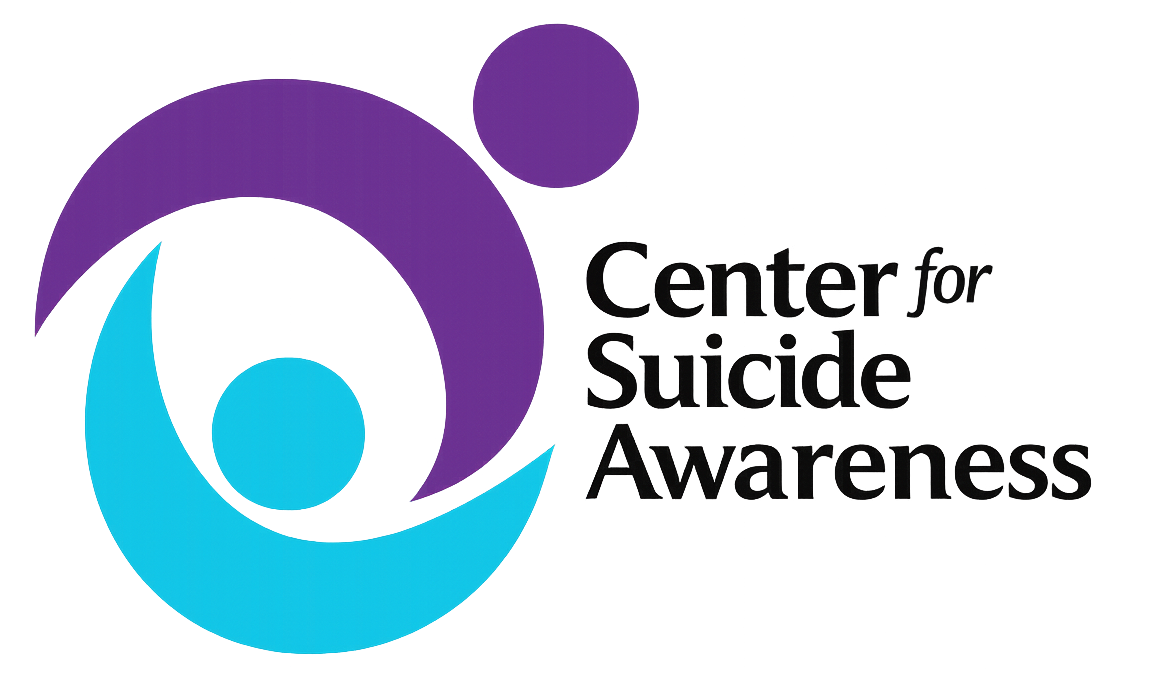10 Everyday Ways to Be a Lifeline (and Why It Matters for You, Too)
Sep 05 2025 17:17
Renee Kasuboski
Suicide prevention isn’t a one-off effort—it’s about consistently showing up, speaking up, and sharing hope. These micro-actions not only help others—they also boost your own well-being in meaningful ways.
Everyday Actions That Make a Difference
- Share HOPELINE™ Post “Text HOPELINE to 741741” on your social media, email, or workspace. Having visible resources breaks stigma and connects people to help instantly.
- Post in Public Spaces
Leave flyers or cards in workplaces, schools, cafés, or gyms. A quiet nudge in the right place can change a day—or a life. - Invite a Walk & Talk
Combine movement with conversation. Fresh air and open hearts make it easier to connect and feel heard. - Share on Workplace or School Boards
Ask HR or administrators to include mental health resources—like HOPELINE™—on bulletins, newsletters, or screens. Normalizing mental wellness helps everyone. - Feature in Faith & Community Bulletins
Ask places of worship or local groups to include HOPELINE™ in bulletins or announcements. Faith and community leaders help spread messages of hope far and wide. - Normalize Year-Round Check-Ins
Set monthly reminders to check in—especially with those who might not reach out themselves. Connection is a quiet act of caring. - Join a Training
The more people know how to spot warning signs, the stronger our community resilience. - Volunteer Your Time
Whether it’s distributing resources, helping at events, or sharing awareness on social media, volunteer efforts keep hope in motion. - Set Up a Recurring Gift
Monthly donations help keep resources like HOPELINE™ available around the clock. - Model Open Conversations
Talk about mental health with openness. Your example permits others to speak—and to seek support.
Featuring a Real Story: Hope Squad in Action
Check out Hope Squad’s Community Stories , where student peer leaders share insights on how these small acts create big change—like reaching out to isolated peers or transforming school culture through everyday kindness.
What You Gain by Being a Lifeline
Peer Support Near You and Hope Squad show us how much impact everyday actions can have—not just on others, but on yourself too. Here’s what research says:
- A stronger sense of purpose & meaning
Helping others often boosts your own life satisfaction and gives you a deeper sense of why you matter. - Increased self-esteem and competence
When others benefit from your support—even in micro-moments—you recognize your own strengths and abilities. - Better social connection & belonging
Engaging in supportive actions enhances social support, which—regardless of stress—is linked to better mental health and even physical resilience. - Reduced stigma & enhanced emotional wellbeing
Peer supporters, especially in programs like Hope Squad, often report greater confidence, emotional insight, and positive peer relationships. - Improved coping and resilience
As you support others, you also learn tools—like coping strategies—that help you manage your own stress and emotional health. - Evidence-based recovery benefits
Peer support models have been shown to improve quality of life, reduce relapse risks, and encourage proactive engagement in mental wellness.
Ready to Make It Sustainable?
- Sign up for a training —learn to notice warning signs and respond safely.
- Volunteer consistently —help with events, awareness, or your own community outreach.
- Stay connected —share HOPELINE™, invite walks, send cards, and keep the momentum moving.
Want to See Hope in Action?
Explore the Hope Squad Community Stories to see micro-actions in schools and neighborhoods that ripple into real change.
Keep That Momentum Going
Take the next step today—sign up for training or volunteer, and keep being that steady presence.
Text HOPELINE to 741741
—24/7 free, confidential support for anyone who needs it.

